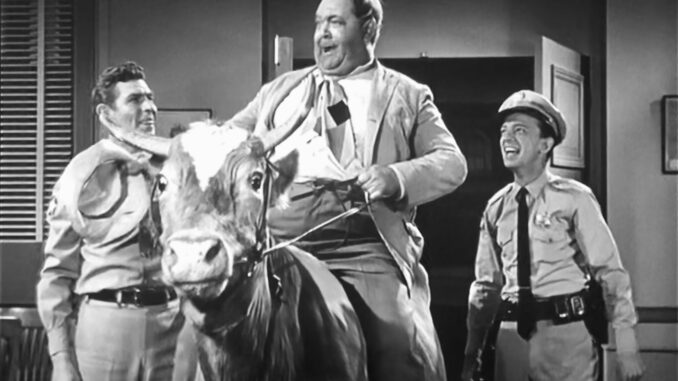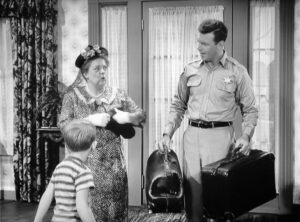
The Andy Griffith Show holds significant importance in television history for several reasons. First and foremost, it reflects the essence of small-town America during the 1960s, portraying values such as community, friendship, and moral integrity. The series offered a comforting vision of life in a simpler time, resonating deeply with audiences who sought escapism and connection in their entertainment.
One of the show’s standout features is its well-developed characters, particularly Andy Taylor, who serves as a moral compass. The relationships among characters, especially between Andy and his son Opie, highlight themes of family and parenting. Their interactions provide viewers with valuable lessons on kindness, understanding, and the complexities of growing up.
In terms of storytelling, The Andy Griffith Show innovatively blended comedy with life lessons, often addressing social issues subtly without being preachy. This unique mix of humor and heart made it a model for future sitcoms, paving the way for shows that followed in its footsteps. Its character-driven narratives set a standard that many later programs would aspire to achieve.

The show’s enduring popularity is another testament to its significance. Even decades after its original run, it continues to attract audiences through reruns and streaming platforms. Its timeless humor and relatable themes have made it a staple of American pop culture, illustrating how the best stories can transcend generations.
Moreover, The Andy Griffith Show encouraged civic engagement, showcasing the importance of community leaders and the impact of local governance. Andy’s role as sheriff emphasizes the value of community involvement and the moral responsibility that comes with leadership.
Finally, the dynamic between Andy and Barney Fife exemplifies the power of friendship. Their loyalty and understanding in the face of life’s challenges remain a highlight for fans, making their relationship both relatable and endearing.
Overall, The Andy Griffith Show is celebrated not just for its humor, but for its deeper messages and lasting impact on American television and culture. Its legacy continues to influence storytelling in the medium, proving that the themes of friendship, community, and morality are timeless.
